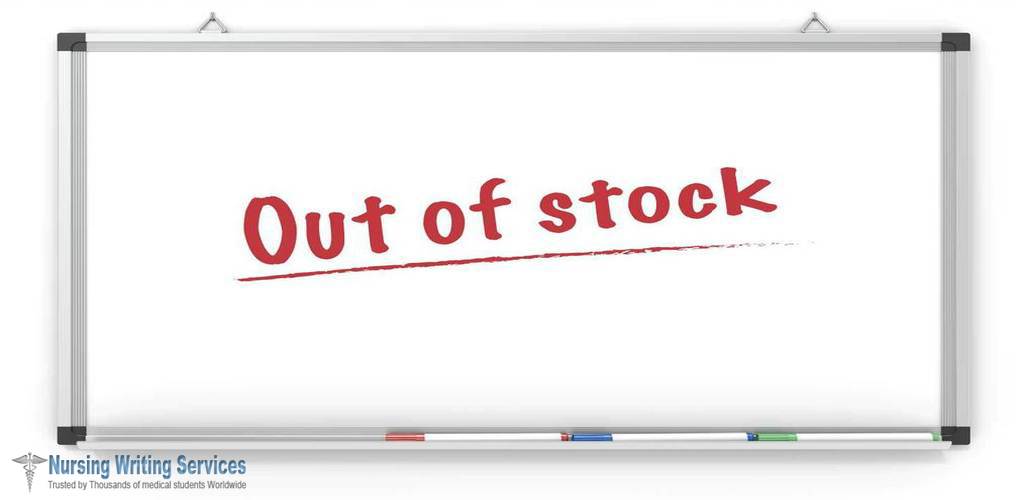
Drug Shortage In Most US Hospitals
Hospitals in the United States are experiencing a decline in the supply of commonly used drugs by most hospitals in the country. There is a shortage of drugs such as epidurals, a local anaesthetic injected into the spine to help pregnant women during childbirth. Most hospitals have resorted to drug rationing and using alternative means to cope with the shortage.
The list of compounds compiled by the American Society of Health-System Pharmacists shows more than a hundred of them facing shortages. This situation places the country’s public healthcare system on the brink of a crisis.
However, it has been observed that there are not enough companies manufacturing drugs to keep up with the growing demands. The problem, however, has continued to grow over the years making the situation almost reach its tipping point.
After the deadly storm caused by Hurricane Maria that shut down most industries in 2017, the healthcare industry has had to deal with this menace as most manufacturing facilities affected ceased producing common healthcare products such as saline. With the increasing shortage of anaesthesia, it has been added to the growing list of drugs that are scarce.
Also see: Write My Nursing Paper For Me
The report further says that in February, Columbia came up short on bupivacaine, a neighbourhood sedative utilized as often as possible as an epidural for ladies in labour. It was infused into the base of the spine to square torment, the desensitizing medication additionally has had applications in other careful and restorative methodology. Columbia now reserves bupivacaine which is prepared by dextrose for more complicated emergency deliveries. Most hospitals state-wide are using the drug using guidelines developed to ration the supply of multiple doses of the drug that initially would normally serve a single patient.
A brief search at the American Society of Health-System Pharmacists lists hundreds of compounds that are currently facing shortages. Dr Paul W. Abramowitz, CEO of the ASHSP talked of how the ongoing shortages of vital medications are devastating the nation’s resources. He also noted how the shortage has increased to also include other medical drugs and injectable opioids thus advising most health care to use alternative drugs and to prioritize which patients are to receive the medications first.
Use of other alternative drugs has also come with their fair share of disappointments as they are always likely to cause unpleasant side effects that may react negatively with most patients.
The American Society of Health-System echoed some of the reasons that cause these shortages. It, however, found that most of the problems are due to manufacturing issues which play a vital role in the demand and supply of the drug. Other issues are if the drug is only produced by one major manufacturer that manufactures a large quantity of these medicines.
The major problem is that there are not enough companies that can be able to keep up with the demand of most US hospitals.

